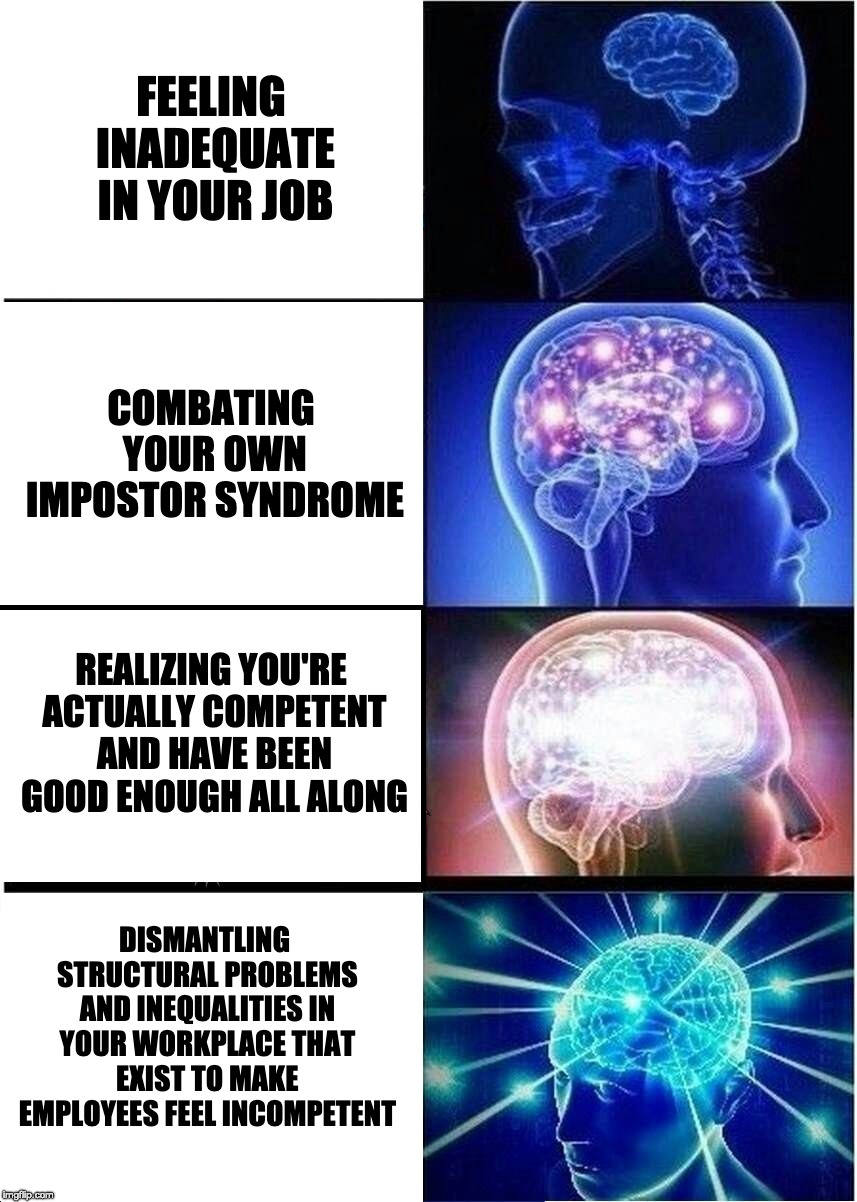Throughout our routines, we often encounter psychological obstacles that affect our well-being and success. Among the most common issues are o'que é procrastinação procrastination, emotional dependency, proclastinação and impostor syndrome. They can negatively influence our achievements, but addressing them can lead to significant personal improvement.
In this article, you’ll discover what these issues are, why they occur, and practical ways to address them. By gaining this knowledge, you can enhance your mental clarity and live a more fulfilling life.
The Definition and Causes of Procrastination
Procrastination is the tendency to postpone tasks or decisions that are important. This behavior is often linked to emotional and psychological factors.

Studies reveal that procrastination is rooted in the brain’s preference for short-term rewards. Common causes include poor time management, low energy levels, and overwhelming workloads. Recognizing these triggers is essential to addressing the issue effectively.
What is Emotional Dependency?
Emotional dependency is characterized by a deep reliance on external relationships for approval, validation, or support. While building relationships is fundamental, excessive emotional dependency can harm both the individual and the relationship.
People with emotional dependency often feel insecure without constant reassurance. This behavior often stems from childhood experiences, such as a fear of abandonment or low self-esteem. Building self-awareness and working on personal growth can help reduce dependency and promote emotional balance.
The Effects of Impostor Syndrome on Self-Confidence
Impostor syndrome is the persistent belief that one’s success is undeserved. Despite evidence of competence, individuals with impostor syndrome doubt their own abilities.

This mindset can lead to chronic stress, low self-confidence, and missed opportunities. Studies have found that addressing impostor syndrome requires acknowledging accomplishments, reframing negative thoughts, and seeking constructive feedback.
Practical Tips for Personal Growth
If you want to improve your habits and mindset, consider implementing the following strategies:
- For procrastination: Break tasks into smaller steps and practice time management strategies such as the Pomodoro Technique.
- For emotional dependency: Develop self-reliance through activities like journaling, therapy, or mindfulness practices.
- For impostor syndrome: Document your successes and seek support from trusted mentors or peers.
The key to lasting change—practice these techniques daily to create long-term improvement.
Conclusion: Taking Charge of Your Mental Habits
These common psychological challenges can be overcome with dedication and the right tools. By understanding their causes and applying effective strategies, you can achieve significant personal growth.
Start small—pick a single habit to focus on and commit to making gradual progress. Over time, you’ll see improvements in your mindset and daily life.